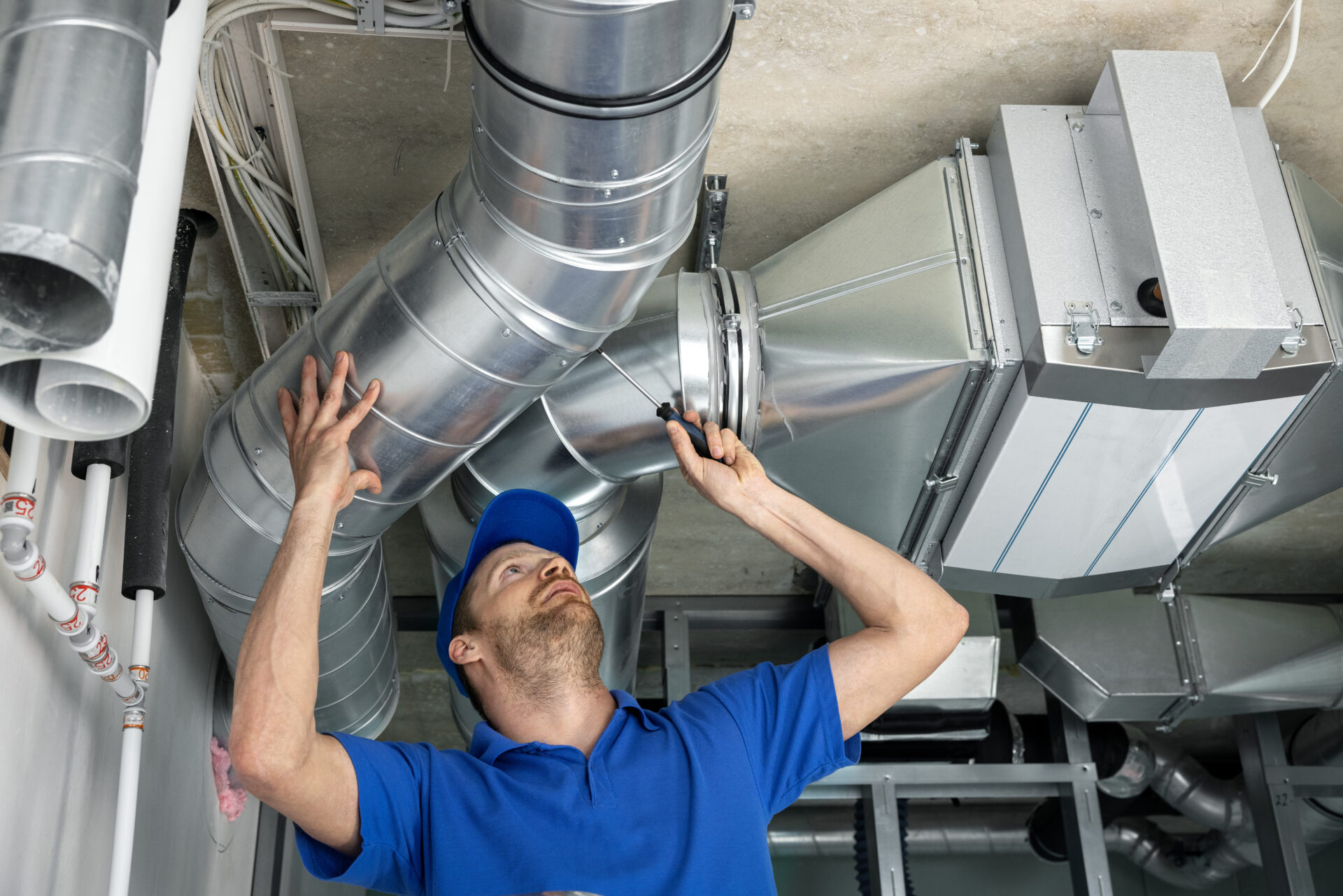Picking the appropriate HVAC contractor is a key step in ensuring your home's heating and cooling systems function effectively and successfully. If you are putting in a new system, upgrading an outdated one, or merely maintaining your current setup, the contractor you decide on can create all the difference. With so many options available, it can be daunting to locate a qualified professional who meets your specific needs.
In this resource, we will guide you through key factors to assist you select the ideal HVAC contractor for your home. From comprehending what HVAC systems are to recognizing the importance of indoor air quality, you will gain understanding into how to take informed decisions. Moreover, we will examine common HVAC challenges and their remedies, seasonal maintenance advice, and how to optimize your system's efficiency, all of which are crucial elements to evaluate when reviewing potential contractors.
Comprehending Heating, Ventilation, and Air Conditioning
HVAC stands for Heating, Ventilation, and Air Conditioning. It refers to the system used to control the indoor climate of home and industrial spaces. An Heating, Ventilation, and Air Conditioning unit is designed to provide comfort by controlling heat, dampness, and air conditions, making it vital for maintaining a healthy and enjoyable atmosphere. Comprehending the components of HVAC setups assists resident owners and businesses make educated choices about installation, service, and enhancements.
The key elements of an Heating, Ventilation, and Air Conditioning system consist of a heater or boiler for heating, an cooling unit for air cooling, and airflow systems for air circulation and filtering. These elements work together to make certain that the environment in a facility is comfortable, properly circulated, and free from hazards. In addition to climatic control, HVAC units can also regulate humidity levels and filter out dust, pollen, and other irritants to boost the quality of indoor air.
Routine service is important to the performance and lifetime of an HVAC unit. It entails scheduled evaluations, cleaning, and prompt restorations to prevent common issues such as failures or inefficiencies. Residents and business owners should be proactive in their heating, ventilation, and air conditioning maintenance to not just provide pleasure but also to reduce expenses and extend the lifespan of their systems. Comprehending how heating, ventilation, and air conditioning works is the primary step in recognizing when it demands service and how to select the right contractor for the job.
Typical Heating, Ventilation, and Air Conditioning Issues and Solutions
A typical issue encountered by homeowners is insufficient heating or cooling. This can stem from a variety of factors, including clogged air filters, duct leaks, or improper thermostat settings. To resolve this problem, regularly monitor and update air filters every one to three months and ensure that vents are not blocked. If the problem persists, it may be required to examine the ductwork for leaks or have a specialist evaluate the efficiency of your air conditioning system.
Another common issue is unusual noises coming from the HVAC unit. These sounds can signal a variety of problems, from loose components to significant mechanical failures. Pay mind to any clattering, rattling, or sharp whistling noises. If you detect these sounds, it is recommended to turn off the system and consult a certified HVAC contractor to adequately diagnose and fix the issue before it causes more major damage.
Lastly, poor indoor air quality can significantly influence your comfort and health. Symptoms like allergies, respiratory issues, or stale air may suggest that your HVAC system needs attention. To improve air quality, think about upgrading to high-efficiency air filters, adding air purifiers, or ensuring that your system is properly cared for with regular cleanings. Boosting ventilation and humidity control can also lead to a healthier indoor environment.
Selecting the Best HVAC Solution
Deciding on an suitable HVAC system that fits your dwelling is essential for maintaining the comfort and energy effectiveness. Begin with assessing https://output.jsbin.com/teqezuduta/ of the space, since a proper heating and cooling system must correspond your size of the house. An small system can fail in maintaining comfortable temperatures, and an excessive system may result in rapid cycling, greater stress, along with higher energy expenses. Consulting the professional to calculate your appropriate size using a load calculation can help your decision make an educated decision.
Next, consider various varied kinds of HVAC systems available. Choices consist of whole-house air conditioners, heat pumps, ductless mini-split systems, along with geothermal heating and cooling. Each carries its pros as well as limitations based on your home’s layout, climate, as well as energy efficiency objectives. Researching these possibilities can assist homeowners understand what system best serves their lifestyle as well as budget and providing effective heating & cooling.
Finally, consider on energy effectiveness ratings when choosing the HVAC system. Search for units with high Seasonal Energy Effectiveness Ratio (SEER) ratings for air conditioners and Heating Seasonal Performance Factor (HSPF) ratings for heat pumps. Energy-efficient models could require a higher upfront price yet can result in significant savings on your energy bills over time. Combining energy-efficient equipment with smart thermostat technology can further enhance your HVAC system's performance and comfort levels across seasons.

